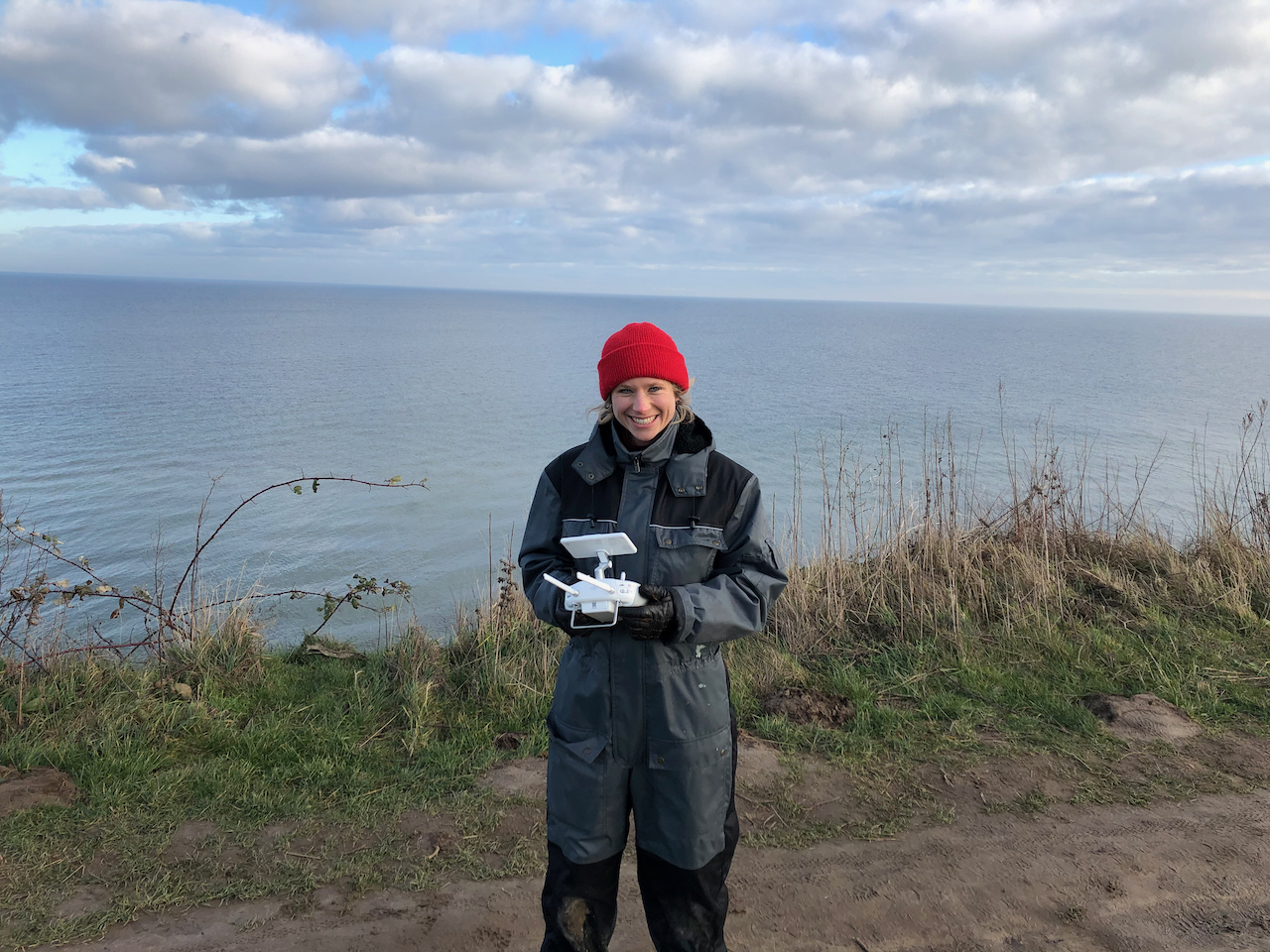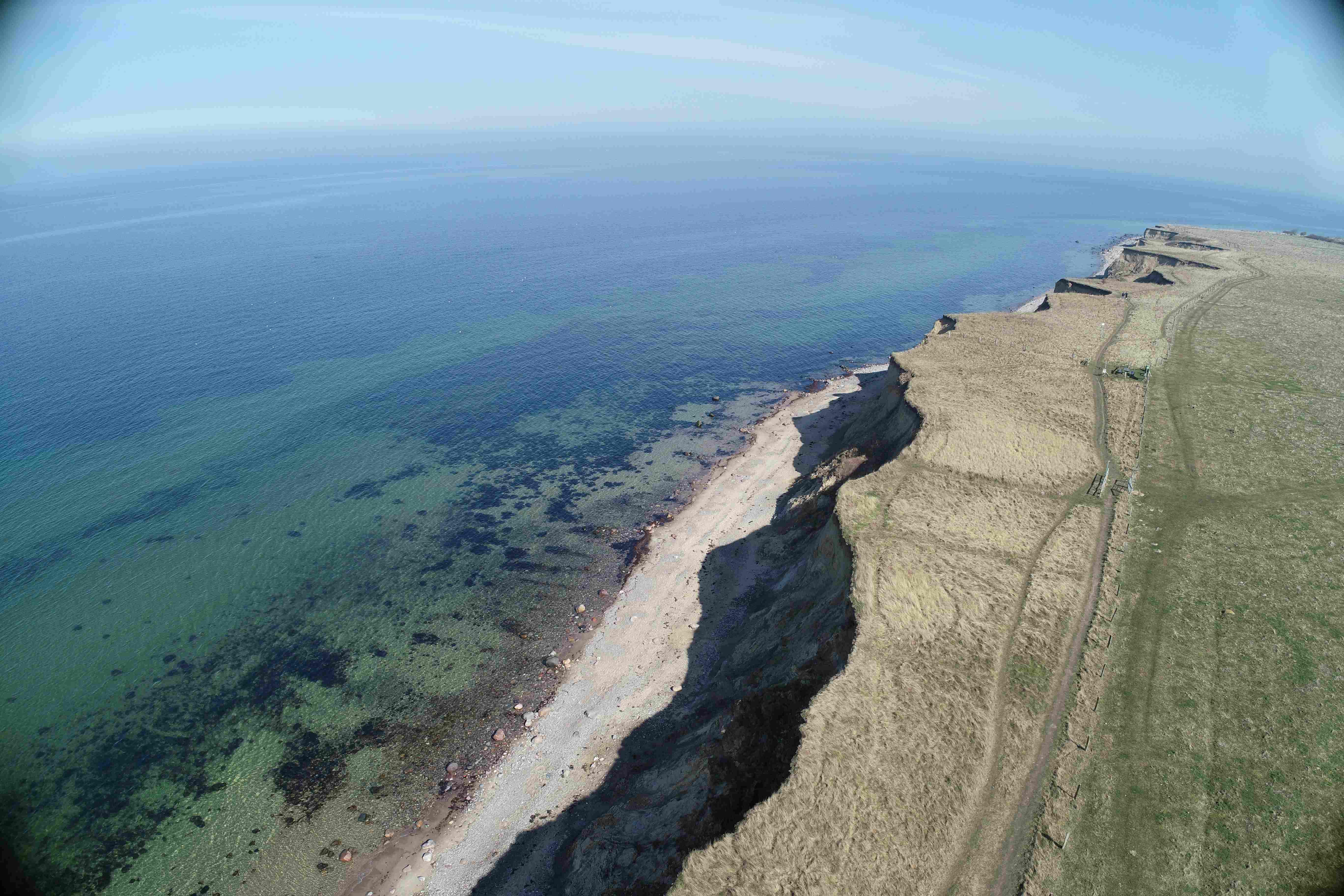I never considered myself a quitter. Usually, I finish what I have started: a 30 minutes high intensity workout after the Christmas holidays for example or the extended version of the third Lord of the Rings movie, also a bachelor program in environmental science and a master in marine science in Kiel. It’s not like it wasn’t painful sometimes, it’s not like I never had doubts – but somehow, I could always convince myself to keep going instead of giving up.
Not so with my PhD in coastal science. I started in 2020 and quit three years later – way before I crossed the finish line. This post is neither meant to justify why I ended my science career nor is it meant to encourage you to do the same. I rather want to share some life lessons that I have learned before, during and after quitting.
1. Quitting your PhD is not the same as giving up
It is a matter of phrasing: I’d rather say I “quit” my PhD instead of “giving it up”. Why? Well, saying I “gave up” gives a bad vibe, doesn’t it? It implies that I wasn’t capable of finishing – which I don’t think is true. Yes, sometimes I felt overwhelmed and not capable. But with the right motivation, focus, support, and more time, I am sure I could have managed. So, I prefer the term “quitting”. It means, that I made a conscious decision to leave this career path and find one that suits me better. Close one door, open another one – you know the game.
2. Making the right decisions is hard
Of course, the decision to quit wasn’t easy and is the result of a long and complex process of evaluating emotions, thoughts, conversations, facts and dreams. But when I finally made up my mind, It didn’t feel like a failure but like instant relief – as if I had made the right choice.
The hardest part was to communicate my “right choice” to others in the science community. Looking into puzzled faces, explaining why I no longer wanted to do the job they all love so much, justifying why I was “throwing it all away” although I had “already come so far” – all of that is tough. It makes you rethink everything over and over again, it makes you feel their disappointment and maybe even makes you doubt the decision, that felt so right before.
Luckily, I have family and friends who don’t need any explanations or justifications but support me no matter what – a lesson I have already learned long ago but is always good to refresh.
3. Miss, don’t regret
Now – more than one year later – I still don’t regret leaving academia behind. I miss it, though. I miss learning about coastal science every day, I miss field surveys and research cruises, I miss discussions with colleagues and friends in the office (often not related to our science), miss moaning about our struggles together and empowering each other. I’m definitely a bit melancholic when I look back, but it doesn’t torment me, so it’s all good.

4. You don’t need to know what you want, but what you don’t want
Some might think quitting doesn’t get you anywhere. I disagree. Especially when it comes to tough decisions (and deciding about your career definitely falls into that category), I’ve always been a fan of the process of elimination. It might be slow but it is still progress.
In my case, I realized that the kind of work I did during my PhD was not the kind of work that would fulfil and excite me in the long run. So, I eliminated it. After taking a step back I realized that writing about and communicating science was always what I enjoyed the most. Not knowing exactly what to do with this great discovery, I applied to become a journalist with the local newspaper. Pretty spontaneous, pretty bold choice- but I got the job. It’s totally different from what I did before, but turns out, the writing and human interaction bring me joy and excitement.
So, is that what I want to be now – a local newspaper journalist? Well, I don’t know yet. What I know is that my elimination process led me to a profession that works better for me. So, step by step, I am moving forward, enjoying the journey, and excited to see what’s next.
5. Motivation is key
Truth be told: I could have jumped to conclusions much earlier. Instead, I waited for years to be brave or desperate enough to decide to quit my doctoral journey.
Throwback: In 2018 I submitted my master’s thesis. 160 painful pages of geological interpretations of continental shelf data. After that draining experience, I told myself not to consider starting a dissertation, as it would be even more exhausting.
But one thing led to another, I got several offers that would naturally lead into a PhD and therefore a scientific career. Thus, motivated by the opportunity and the challenge, I took up one of them. What was missing in my motivational cocktail was the actual intention of becoming a scientist.
And that leads me straight to my advice for everyone, who starts a PhD of their own: Before you sign up for it, check your intrinsic motivation. If you want to become a scientist, a PhD is your way to go. If you start the dissertation for other reasons (you just like the subject, it’s a good first job after Uni, it helps you to stay in the country) that is totally fair, too. But then don’t lose yourself and don’t be afraid to let it go.
6. The power of vulnerability
One lesson I just learned recently is the “power of vulnerability”. With this concept, the American social scientist and speaker Brené Brown states that showing vulnerability and communicating failure and struggle is not a weakness. Instead, it leads to innovation, creativity and real connection. Also (and I am sure many of you agree with that) it takes a lot of courage to expose your insecurities and emotions in front of a superior instead of playing professional and pretending everything is going as planned – especially as a woman in a patriarchal system.
Man, I wish I had known about Brown’s work during my PhD. If I had shared more struggles and asked for help more, things might have gone very differently (better, I guess).
Of course, that concept of communication can only work if superiors are open for it. But it is not their responsibility to implement it, but ours. As a new generation of employees, I am sure we can change the way of communicating and connecting in a work environment by showing more honesty and struggles from time to time. Its powerful.
The end is not the end
As I come to the end, I would like to emphasise once again: I don’t want to persuade anyone to quit their PhD. But maybe reading this post will help you learn from my mistakes and reflect on your own career. If it leads you into science or out of it – that really doesn’t matter.
Tanita
